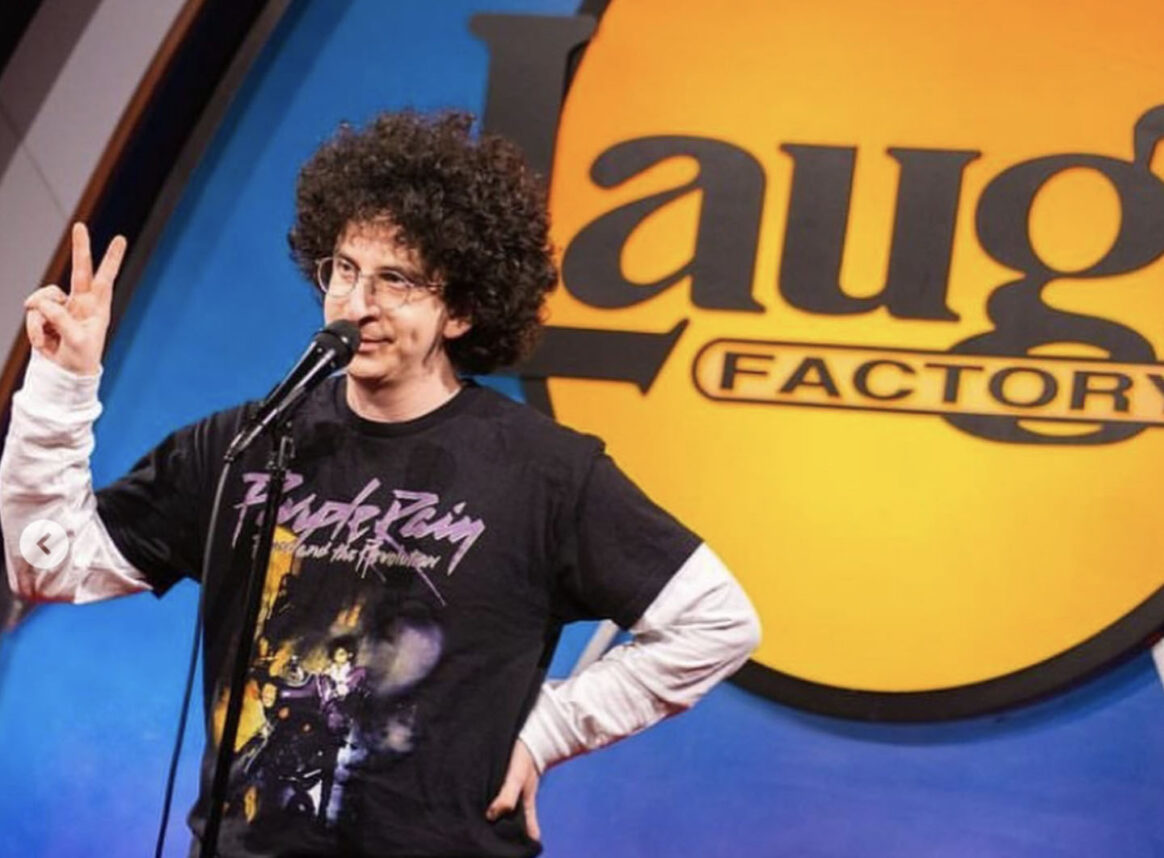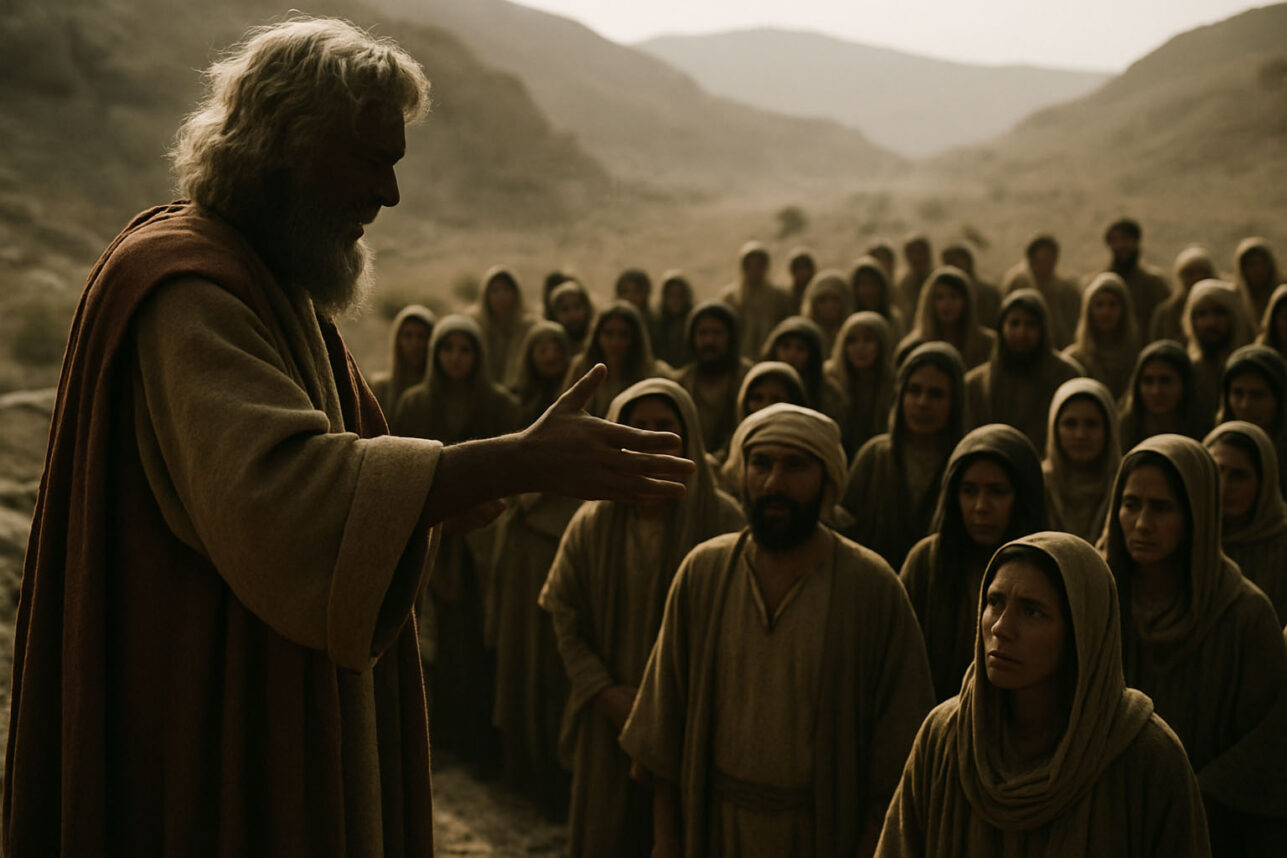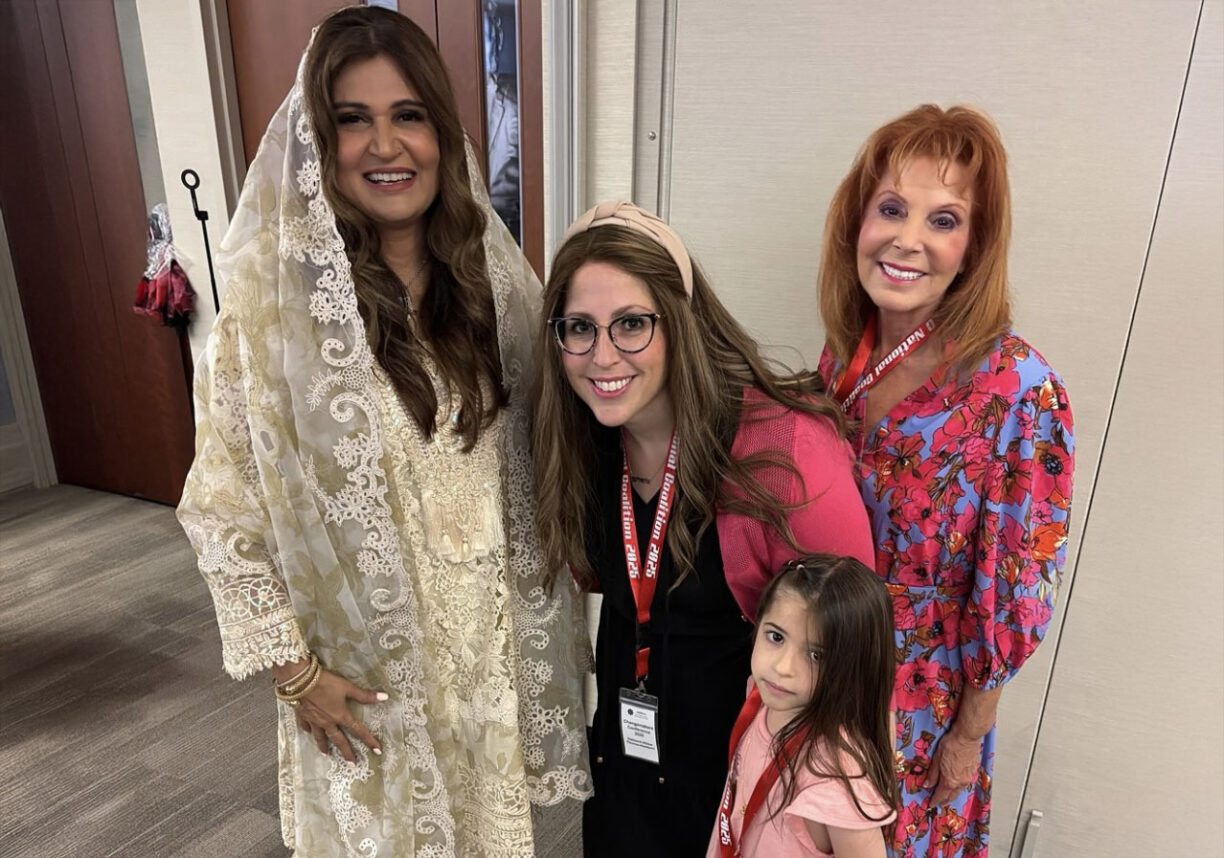
This is why on Thanksgiving non-vegetarians
have a custom to eat turkey.
It’s because the tasty bird was thought to come from
India, whose Hebraic name
is hodu, Hebrew word for “thanks,” Consuming it
in any way, not just as jerky,
we’re able, using Hebrew-English wordplay-tastebuds,
thanksgiving to God proclaim,
which is more difficult for vegetarians,
who, in order to praise God,
must link up with some Jewish people, Zooming with them,
if there are none in their pod,
celebrating Thanksgiving without a turkey,
fowl fair vegetarians pardon,
treated by them as forbidden fruit in their
wild west-of-Eden meatless garden,
while treating people who encourage them to eat it
as most sneaky, snarky snakes,
not only holier than thou, they clearly think,
but cooler, drinking their milkshakes
celebrating Thanksgiving without a turkey,
animal we choose to pardon,
thinking it’s forbidden fruit which we don’t eat
in our wild west-of-Eden garden.
Robert Krulwich writes in npr.org, 11/27/2008 “Why A Turkey Is Called A Turkey”:
All over the world, people now can eat American Turkeys, but they don’t call them Turkeys.
Across Arabia, they call our bird “diiq Hindi,” or the “Indian rooster.”
In Russia, it’s “Indjushka,” bird of India.
In Poland, “Inyczka”— again “bird from India.”
And what, we wondered, do the Turks call our turkey?
Well, they call it “Hindi,” again, short for India.
11/22/20
Gershon Hepner is a poet who has written over 25,000 poems on subjects ranging from music to literature, politics to Torah. He grew up in England and moved to Los Angeles in 1976. Using his varied interests and experiences, he has authored dozens of papers in medical and academic journals, and authored “Legal Friction: Law, Narrative, and Identity Politics in Biblical Israel.” He can be reached at gershonhepner@gmail.com.


































 More news and opinions than at a Shabbat dinner, right in your inbox.
More news and opinions than at a Shabbat dinner, right in your inbox.